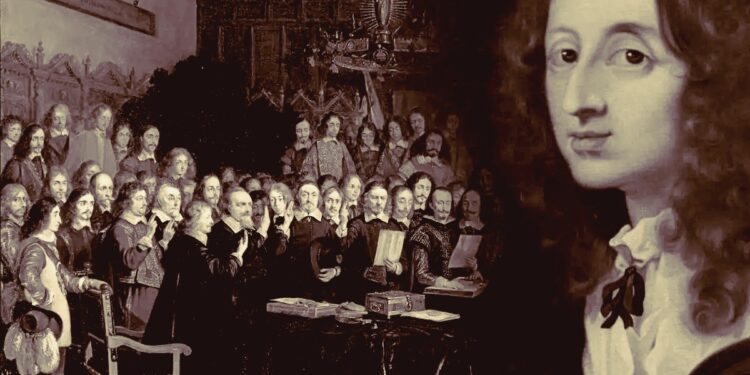Queen Christina of Sweden, born on December 18, 1626, was a remarkable and enigmatic figure in European history. Despite reigning for a relatively short period from 1632 to 1654, she left an indelible mark on the world through her political acumen, intellectual pursuits, and controversial decisions.
As the daughter of King Gustav II Adolph, Christina ascended to the Swedish throne at the tender age of six upon her father’s death. However, her early years were overshadowed by the Thirty Years’ War, which had a profound impact on her country. Nevertheless, Christina’s education and upbringing fostered her passion for learning and the arts, and she became known for her intelligence and curiosity.
Queen Christina’s reign was characterized by her unconventional and unconventional behavior. Rejecting societal expectations, she defied gender norms by refusing to marry and choosing to remain unmarried throughout her life. Instead, she dedicated herself to intellectual pursuits, establishing one of the most renowned courts in Europe for arts and sciences. She attracted some of the greatest minds of the time, such as René Descartes and Isaac Vossius, and transformed Stockholm into a cultural center.
However, Christina’s most controversial decision came in 1654 when she abruptly abdicated the throne. The reasons for her abdication are debated to this day. Some attribute it to her disillusionment with political power, while others suggest personal and religious motivations. After stepping down, she converted from Lutheranism to Catholicism, a move that shocked many and further contributed to her reputation as a maverick.
Following her conversion, Christina traveled extensively, eventually settling in Rome. Despite her newfound religious identity, she continued to patronize the arts and pursue her intellectual interests. She amassed a vast collection of art and antiquities, many of which are now displayed in the Vatican Museum. Throughout her life, she maintained a complex network of political alliances and remained influential, despite not holding any formal positions of power.
Queen Christina of Sweden died on April 19, 1689, leaving behind a legacy that continues to captivate historians and scholars. Her unorthodox choices, intellectual pursuits, and political maneuverings set her apart from her contemporaries and made her a figure of intrigue. While her reign was relatively short, she left an enduring impact on the cultural and intellectual landscape of Europe, ensuring that her name would be remembered for centuries to come.
newshub



Recent Comments